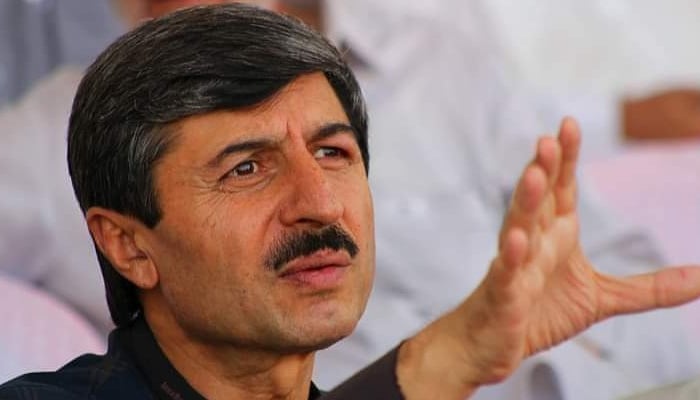Balochistan govt forms judicial commission to probe Usman Kakar's death
Judicial commission has been tasked to find out the cause of Kakar's death and submit a report within 30 days
To find out the cause of Pakhtunkhwa Milli Awami Party's senator Usman Khan Kakar's death, the Balochistan government on Thursday formed a judicial commission.
The additional secretary of the home department, in a notification, said the Balochistan government has set up a judicial commission comprising two judges — Justice Naeem Akhtar Afghan and Justice Nazir Ahmad Langu from the Balochistan High Court — after approval from the court's chief justice.
The judicial commission, which has been established under the Balochistan Tribunals of Inquiries Ordinance, 1969, has been tasked to find out the cause of Kakar's death and submit a report within 30 days.
The development comes four days after the Balochistan government had proposed the formation of a judicial commission to probe the death of senator Kakar.
Usman Kakar, a senior leader of the PkMAP, had passed away on June 21 in Karachi.
Autopsy reveals no signs of torture
According to the autopsy report, a copy of which is available with Geo News, no signs of torture was found on Kakar's body. The only marks found on the body were from surgery and intravenous (IV) cannulation during his treatment at the hospital.
The actual cause of death was to be declared in a pathology report, for which several samples were collected from the body.
After the completion of the autopsy, Kakar's body was handed over to his family to carry out the burial.
Kakar's family said that they will get the pathological samples counter-checked.
-
Security forces gun down 30 terrorists in multiple IBOs in KP: ISPR
-
MQM-P calls for new province in Sindh
-
US report validates Pakistan military edge over India: PM
-
Banned TTP poses serious threat to Pakistan security: UNSC panel
-
CM Afridi clarifies remarks on by-poll after ECP requests army deployment
-
Dubai sees 3.2m Pakistani passengers in 2025 as airport sets new milestone
-
Security forces kill 23 Indian proxy terrorists in KP's Kurram
-
Pakistan to construct island to boost oil exploration: report












